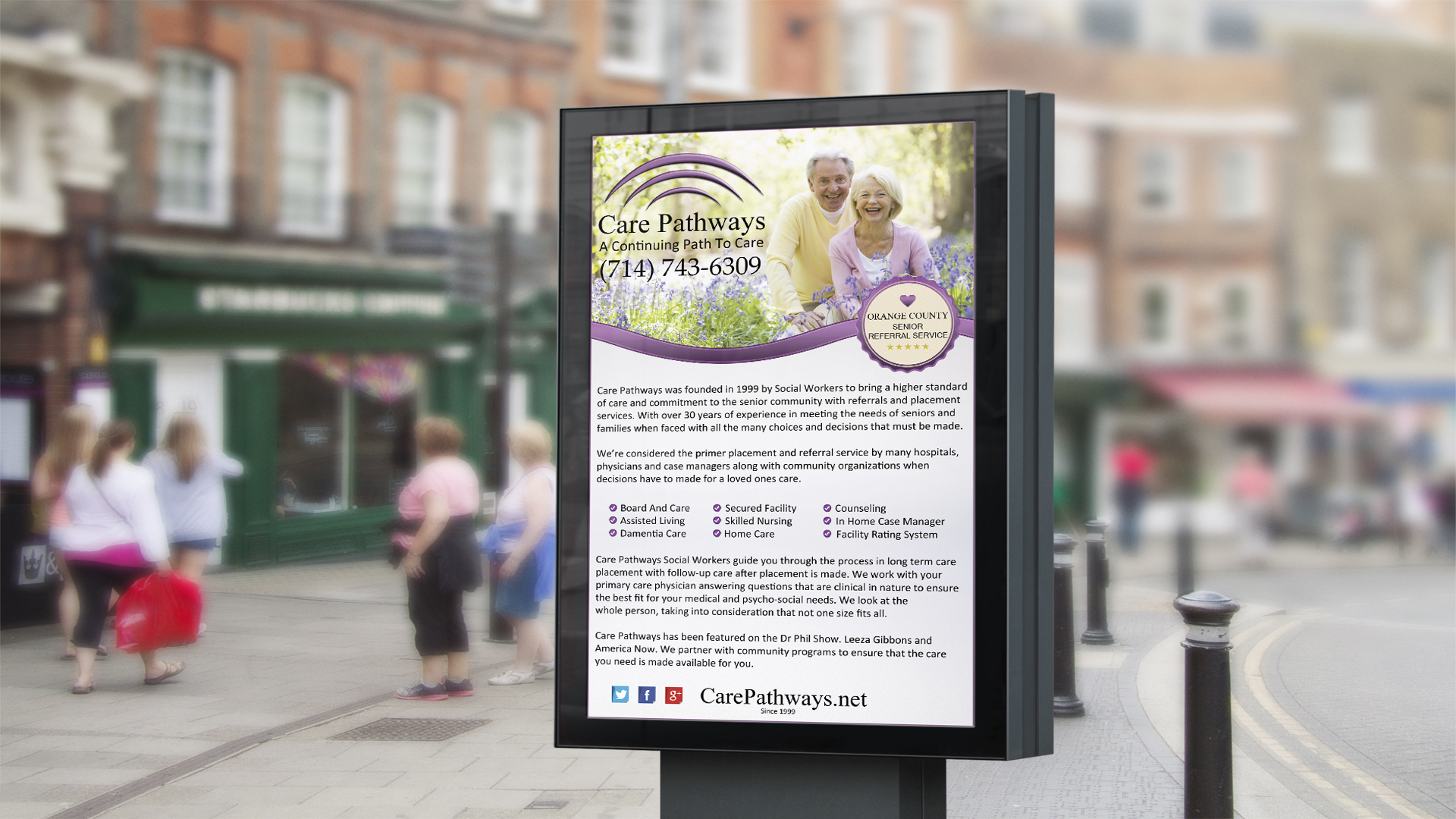Older people are at risk for depression, are underserved by the mental health profession, and have the highest rates of suicide in the country. But many seniors are resistant to treatment because they don’t want to burden their families, or equate depression with weakness or even death.
“One of the hardest questions I get from families is, ‘How can I get my elderly loved one mental health help when they don’t want it?’ “
“The elderly are less likely to cope with loss as well as young people because of the added years of meaning behind it,” many loss’s have occurred in a lifetime and some may have not been processed. So many persons suffer one loss after the other and after multiple loss’s as we age it gets harder to process or is not talked about at all. Ask your elderly parent what they feel about the loss. It’s really important to hear them out and honor their emotions. Avoid judgements or telling them how you think they should feel. No two people are alike and we all have different coping skills.
Identifying and effectively treating older patients who suffer from depression continues to be a challenge. Primary Care Physicians tend to screen for and treat depression, and although well-intentioned, treatment in a primary care setting does not always yield the best outcome for older patients. For example, a patient may start an anti-depressant, develop side effects and just stop taking it, or not know that when they feel better they are supposed to stay on their medication.
Unfortunately, all too many depressed seniors fail to recognize the symptoms of depression, or don’t take the steps to get the help they need. There are many reasons depression in older adults and the elderly is so often overlooked:
- You may assume you have good reason to be down or that depression is just part of aging.
- You may be isolated—which in itself can lead to depression—with few around to notice your distress.
- You may not realize that your physical complaints are signs of depression.
- You may be reluctant to talk about your feelings or ask for help.
Depression isn’t a sign of weakness or a character flaw. It can happen to anyone, at any age, no matter your background or your previous accomplishments in life. Know the signs and symptoms and reach out to your local mental health professionals for help for your loved one.
For more information and how to help contact Care Pathways




